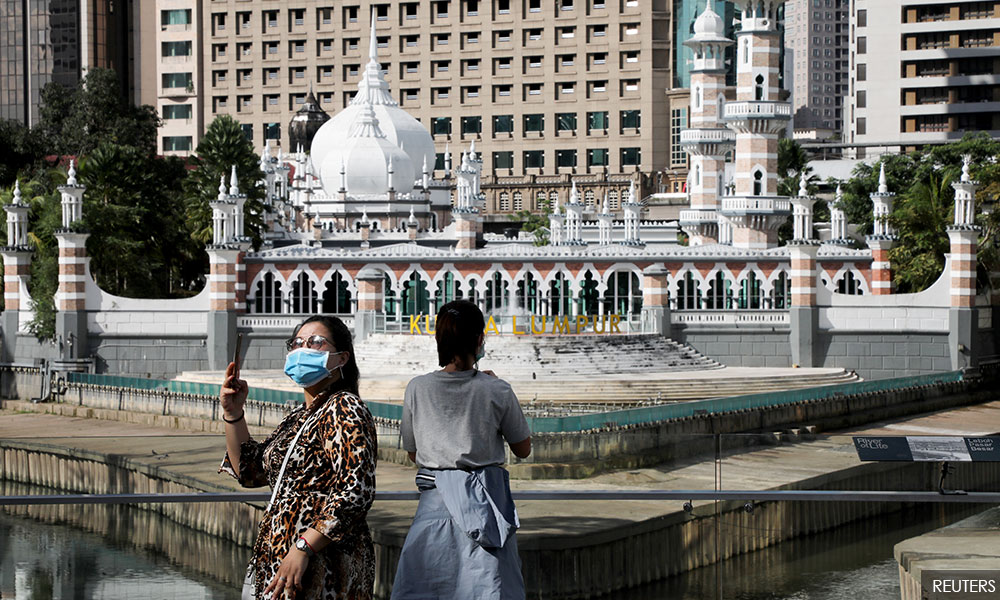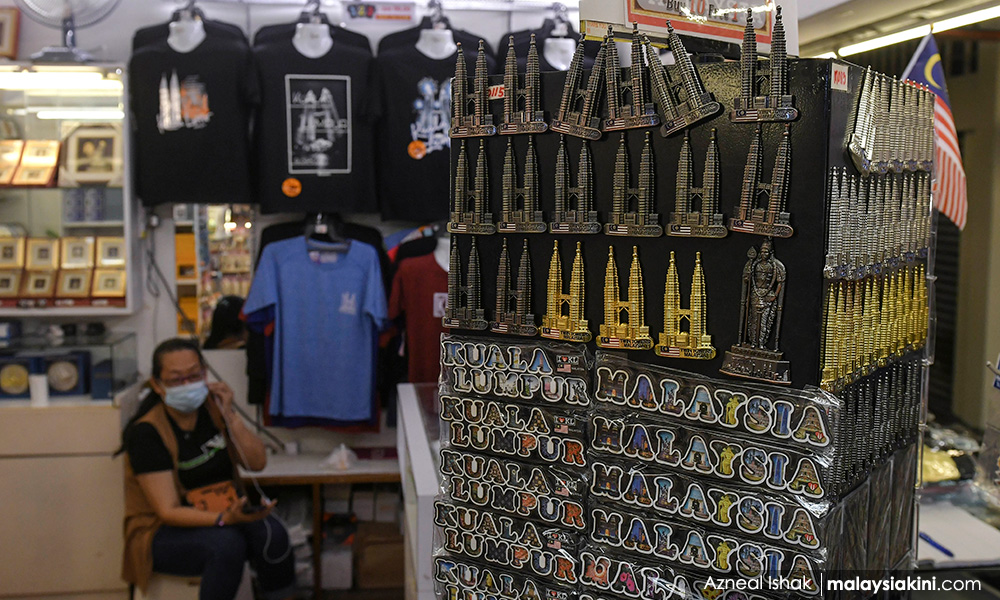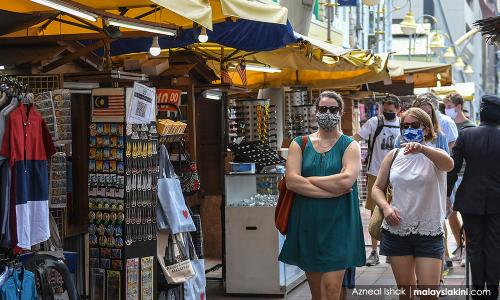LETTER | Get ready for technology to disrupt the travel industry
LETTER | In 1973, I started working in the travel industry as a tourist guide cum limousine driver for the largest inbound tour company in Malaysia, which was also the first to operate tour buses, limousine taxis, and car rental services from 1963.
The quality-of-service provided to tourists 47 years ago would astound many people today. For example, all tourist guides, male or female, were also limousine drivers. When not handling tour groups transported in tour buses, they drove limousines for one or two affluent tourists.
Tour buses then had two engines, one for an independent air-conditioning unit and another to propel the vehicle. Although relatively small, the two-stroke diesel engine generated adequate power as pressurised air was forced into the four cylinders by a blower acting as a supercharger.
The made-in-Japan buses were fitted with full air-suspension, making them super comfortable and built solid like tanks, with the head of rivets protruding from the exterior of the bus bodies. Throughout my 19 years with this company, none of the buses were involved in any collision.
The limousines I used to drive were full-size American cars with five-litre engines. They started to disappear like dinosaurs after the first oil crisis in 1973 when Arab members of the Organisation of the Petroleum Exporting Countries (Opec) decided to quadruple the price of crude oil.
After observing an experienced tourist guide conducting a full-day sightseeing tour around Kuala Lumpur onboard a tour bus on my first day of work, I started guiding on my second day. These passengers were picked up and later dropped off at various hotels at the end of the tour.
It was only several months later that a tourist guide course was conducted, and licensing of tourist guides was introduced two years later. The first tour leader I met complimented my sincerity, not knowing it was my first tour group as I could deliver intelligent commentaries.
My first tourist was a lady doctor from Argentina who travelled solo but could hardly understand English. I bought a durian for her to sample and her reaction was typical. After sending her to the airport for her departure flight, I waited for the plane to take off before leaving.
Today, there are over 17,000 tourist guides registered with the Ministry of Tourism, Arts, and Culture who are licensed to conduct tours using local languages such as Malay, Mandarin, Tamil, and English, or foreign languages such as Korean, Japanese, German, or Arabic.

Sadly, those licensed for English have poorer command of the language compared to their predecessors decades ago, as English-medium schools were switched to Malay-medium from 1970. The standard of English in local universities started to deteriorate from the 1980s.
After the movement control order (MCO) was imposed on Mar 18, tour buses were hardly running and operators were unable to pay leases for many months, resulting in the repossession of many vehicles and more will follow.
Used diesel-powered buses will have little market value when electric buses are introduced and in-demand post-pandemic. But time has stood still for operators wishing to continue from 2019, not realising that changes over the next decade will be far greater than the past 50 years.
Last Wednesday, Prime Minister Muhyiddin Yassin launched a 10-year plan under the National Tourism Policy 2020-2030, which will be implemented through six main strategic thrusts.
They include administration transformation, inclusive tourism investment zones, consolidating tourism digitalisation, enhancing demand sophistication, reinforcing commitment to sustainable and responsible tourism, and upskilling human capital in all tourism sub-sectors.
Now that the government has spelt out its strategies, it would be more meaningful if all requests made by tourism associations could be compiled and addressed. While most of the demands are mainly for the interests of association members, some are good for the overall tourism industry.

In any case, the amalgamation of 5G with artificial intelligence (AI), the internet of things (IoT), and augmented reality (AR) will revolutionise the tourism industry, and old school travel agents and tourist guides will become redundant.
Just like the traditional taxi industry which had been decimated by e-hailing services, a multi-purpose travel pass using an app will replace the services of travel agents and tourist guides, as most customers find it more comfortable, convenient, and cost less using a smartphone than talk to another person who may not understand fully or communicate poorly.
Just like Uber which subsidised 58 percent of fares on average globally so that passengers paid only 42 percent of the actual fare in order to steamroll the market, new companies offering state-of-the-art travel passes are likely to adopt similar strategies to compete with each other.
For example, a budget travel pass selling for RM199 per day could be worth RM300, a RM299 premium pass worth RM450, and a RM399 luxury pass worth RM600. This would allow tourists to choose the standard of hotel and room they wish to stay in without having to compromise their lifestyle and is also in line with the National Tourism Policy of attracting high-spending tourists.
The multi-purpose travel pass would also ensure that many sectors gain from tourism as registered users could travel freely in trains, buses, taxis, and e-hailing vehicles, have meals at participating restaurants, gain entry to attractions, pick up free-gifts at shops and entertainment spots, join sightseeing tours, excursions, adventures, and other activities for experiential tourism.
Apart from a long list of options available at any one time during their stay at a destination, registered users would also be able to access smart information made possible by AI. While using their smartphone to record something interesting, they could also activate AR for a virtual tourist guide to appear onscreen and deliver meaningful commentaries.
Apart from becoming drone pilots to capture videos of distant objects where permitted, tourist guides of the future must also be YouTubers able to introduce and record something interesting for posterity, instead of having their work gone with the wind. Travel services of the future would be vastly different from those in pre-pandemic times. So, get smart and get ready.
The views expressed here are those of the author/contributor and do not necessarily represent the views of Malaysiakini.
RM12.50 / month
- Unlimited access to award-winning journalism
- Comment and share your opinions on all our articles
- Gift interesting stories to your friends
- Tax deductable
